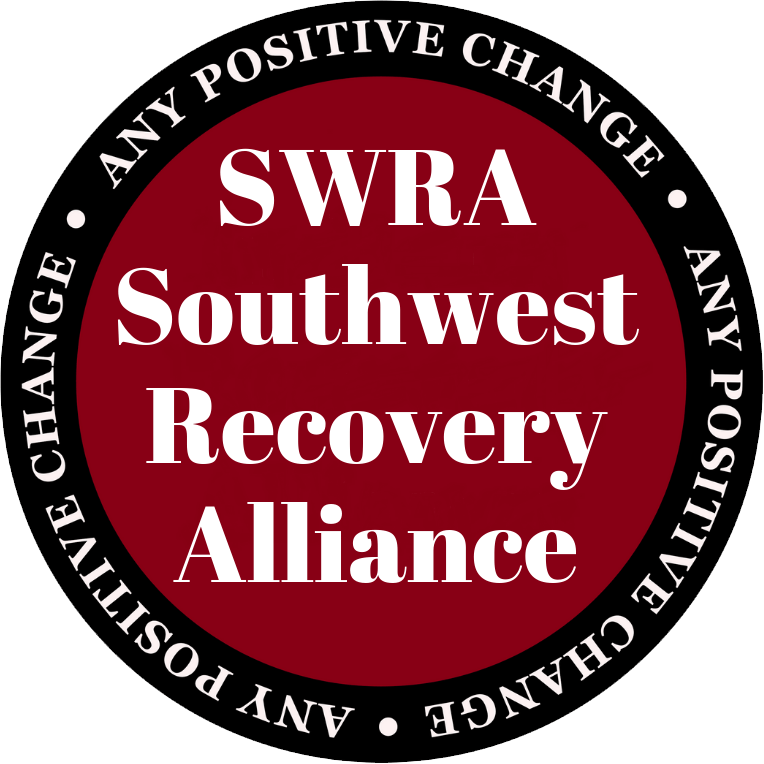Why are these laws misguided?
THEY DO NOT DETER DRUG USE OR SALES.
Prosecutors and legislators claim harsh penalties for drug-induced homicide will deter drug selling, and thus reduce drug use. We have heard this story before.
Yet research consistently shows that neither increased arrests nor increased severity of criminal punishment for drug law violations results in less use (demand) or sales (supply). In other words, punitive sentences for drug offenses have no deterrent effect.
Learn more about the studies that disprove the deterrent theory.
THEY UNDERMINE 911 GOOD SAMARITAN LAWS AND CONTRIBUTE TO PREVENTABLE DEATHS.
The most common reason people cite for not calling 911 in the event of an overdose is fear of police involvement. Recognizing this barrier, 40 states and the District of Columbia have passed “911 Good Samaritan” laws since 2007, which provide limited criminal immunity for low-level drug law violations for those who seek medical assistance for an overdose victim.
But people who could save lives are unlikely to call 911 if they fear being charged with murder or manslaughter. Elevating punishments for drug-induced homicide charges has a chilling effect on people seeking medical assistance and, as a result, leads to more, not fewer, avoidable overdose fatalities.
Learn more about why overdose witnesses are afraid to call 911.
THEY FOSTER MISUSE OF PROSECUTORIAL DISCRETION.
Police and prosecutors widely abuse their discretion in investigating and prosecuting drug-induced homicide cases. They often promise to go after high-level drug manufacturers and distributors, but that rarely happens.
The vast majority of charges are sought against those in the best positions to seek medical assistance for overdose victims—family, friends, acquaintances, and people who sell small amounts of drugs, often to support their own drug dependence. This discourages them from seeking medical care and wastes resources that could otherwise be spent on interventions that have actually been proven successful at reducing overdose deaths.
Learn more about how prosecutors are misuse these laws
THEY PERPETUATE RACIAL DISPARITIES.
Enforcement of drug war policies has historically targeted black and Latino communities, and drug-induced homicide prosecutions appear to follow this pattern. If history is any indicator, black and brown people will be disproportionately targeted both as friends and family of people who died, but, more ominously, as the demonized “pushers,” “dealers,” and “peddlers”—all racially coded language.
It is critical that we curb the use of drug-induced homicide charges if we do not want to perpetuate the already appalling racial disparities in drug law enforcement.
Learn more about the potential for these laws to worsen racial disparities in drug law enforcement.
WHAT CAN YOU DO?
Hold your elected officials and prosecutors accountable. call the Governors Office at (317) 232-4567 now and demand that he not sign HB 1359. Attend our Opioid Forum.
We simply cannot let our elected officials off the hook. Not when it could be your child, friend or, simply, fellow human being, who dies from a preventable drug overdose or is locked up for murder. We need our elected officials to embrace proven, life-saving public health interventions instead of wasteful, destructive punishments.
